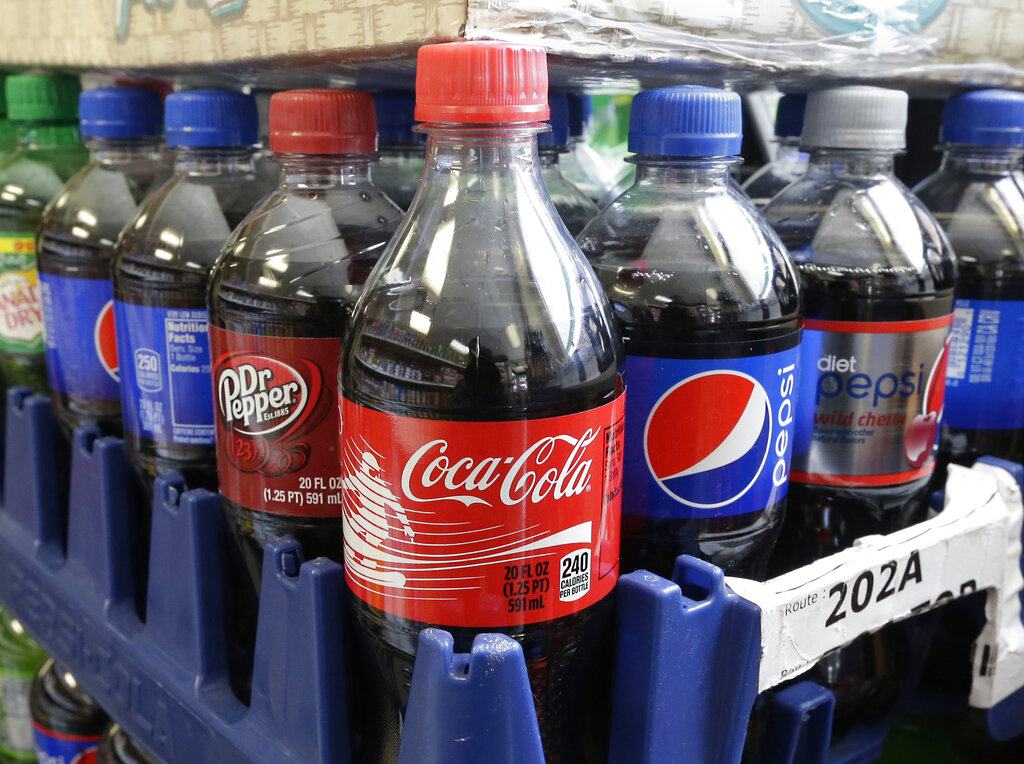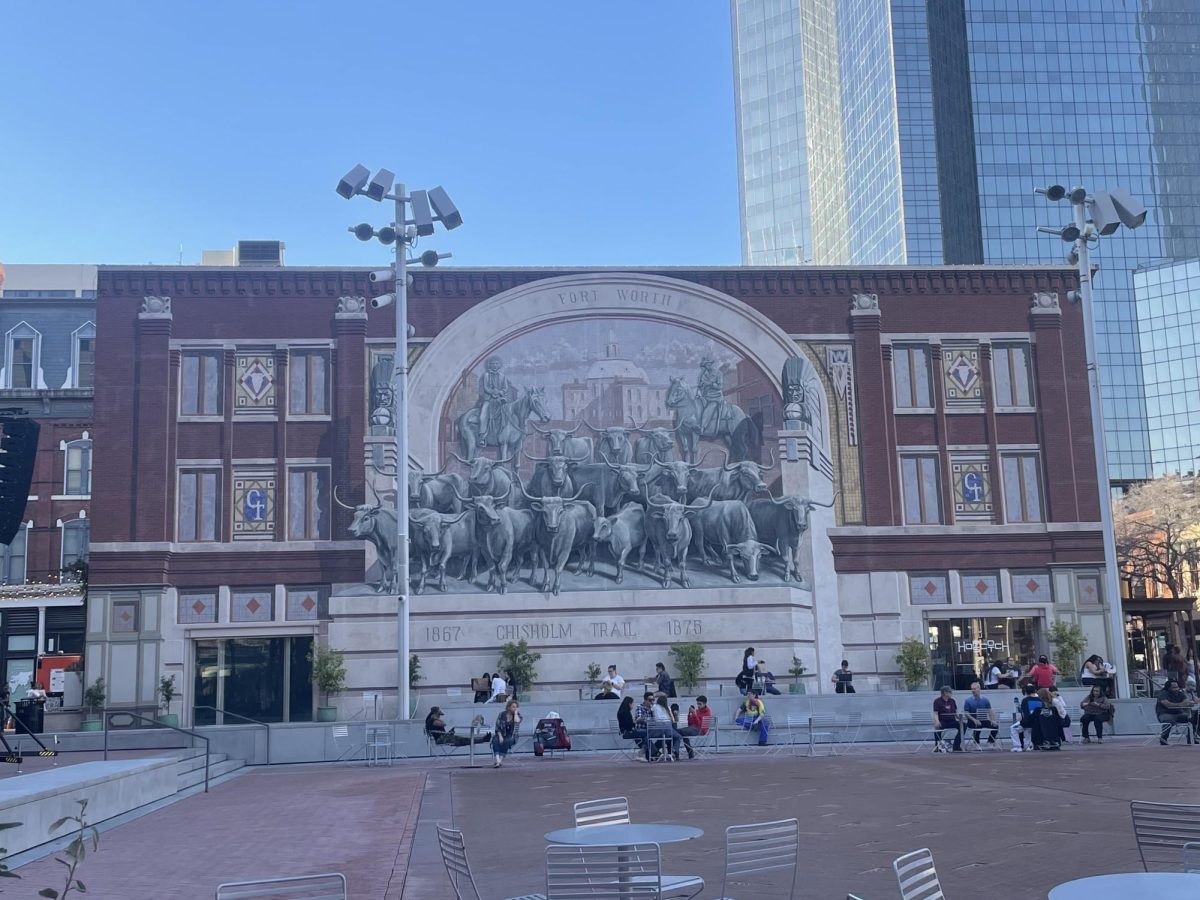On any day of the year, including major holidays, there are eight firefighters on call in the 109. They reside in Fort Worth Fire Station 21 and work 56 hours a week, not 40, before they have the option for overtime.
Station 21 is home to 23 men and one woman. Shifts are eight-person crews that run for a full 24 hours – on the days they work, they are on call all day and live at the station.
They rotate shifts, so after working for one 24-hour period, they have two days off. With 10 to 15 calls a day to the station, firefighters never know what to expect.
Each call, which booms over the in-house PA system, could be a fire, an emergency call or an accident.
Some of the current firefighters have been lawyers, teachers, coaches, investment advisers and construction workers. Some currently have part-time jobs. All on the B shift are married; most have children.
Brent Sanderson, an engineer at the station, has been a firefighter for 10 years. He said he thinks a combination of adrenaline and the desire to help people make them run into fires when instinct would be screaming to run away.
As an engineer, Sanderson makes up one part of a four-man crew needed to run a single engine. Each engine needs one officer, either a captain or lieutenant, an engineer and two firefighters.
At the beginning of each shift, Sanderson inspects his engine to make sure it is in working order. He checks water levels and equipment to make sure that his squad is prepared. Nothing could be more dangerous than arriving to a scene and not being properly prepared, he said.
The engineer also drives the engine, which requires the engineer to have every road in his or her district memorized. Details like road construction or special closings are sent to the station and must be noted accordingly.
Sanderson said he reviews about once a month to make sure he knows the fastest way to get to a call. The engines must be loaded and out the door one minute after a call is logged. Their goal is to make it to 90 percent of call locations in four minutes.
About 80 percent of the calls the station receives are EMS calls. Five percent are miscellaneous and the other 15 percent are fire calls.
“When we show up, they always wanted to see us,” Sanderson said. “They called us because they needed help on something and more often than not, when we leave, it was in a better situation than when we got there.”
Station 21’s calls run the gamut: from severe injuries, to rescuing cats and pet birds out of trees, to helping a highway wreck, to testing smoke detectors and fire hydrants, to pulling cars and people out of high water. They also investigate every 911 hang-up call to make sure that whoever dialed the number is not in any kind of danger.
The toughest calls involve children
Aaron Gilmore, a lieutenant who is normally assigned to Station 6, said that calls involving children tended to be particularly tough. Most firefighters tend to have a gallows sense of humor, he said, which helps them deal with difficult calls.
He said not knowing what they’ll find inside a house can be difficult. When he was a rookie, Gilmore said, he was called in on a suicide. At that point, there was nothing his crew could do to help the man who had shot himself.
He said he was not prepared to handle that because every training exercise had prepared him to act and in that situation, there was nothing he could do but comfort the family.
Station Capt. Clemente De La Cruz said that he has to separate himself from the darker parts of the job, but that doesn’t stop him from loving his work.
As a child, De La Cruz grew up by Station 18 and would run outside every time the engines passed his house. He has been a firefighter for 27 years after working as a lawyer. But he said that running into a burning building was not the scariest thing he had done.
“I’d much rather run into a house that’s fully involved than do public speaking,” he said.
Parents will sometimes complain about feeding one or two teenagers. Imagine eight per shift and it becomes clear why the station needs four refrigerators. Fort Worth pays for the building and beds. The 24 firefighters of Station 21 split the cost of their television, cable, any furniture, Internet and decoration.
They each put in $12 a shift for food and grocery shopping is done every day. Cooking responsibility rotates and whoever doesn’t cook or help in the kitchen is in the drawing to do the dishes.
Depending on how busy the night is, dice games can get extremely complicated as new rules are invented to keep the camaraderie alive.
Pranks are a popular pastime and can involve anything from freezing clothes and shoes to posting funny pictures. One prank is to run old IV lines through the ceiling and drip water on the heads of those sleeping.
Despite the pranks, Station 21 is clean, almost exceptionally so. Each shift is responsible for making sure the station is clean before and after their shifts. Leaving a mess behind for another shift to clean defies protocol.
The lawn is mowed every Friday. Saturdays usually mean fire safety demonstrations. Gilmore said that coming to work was like having a bunch of brothers. But discipline is taken very seriously. Most problems, if there are any, are handled in-house by De La Cruz.
Fitness is also mandatory. Yearly physicals ensure that firefighters are in good enough shape to lift and use heavy equipment. If that test is failed, then that firefighter is taken off the truck. In this case, off the truck means not answering potential fire calls, which is a blow for the adventure-seeking firefighters.
“Everybody wants to go in. Everybody wants to be the guy on the nozzle,” Sanderson said.
Sanderson, who used to be a teacher and a coach, said that despite the danger and the discipline, most firefighters stay in the job until retirement rather than look for something less demanding.
Station is connected to the neighborhood
“This station has a lot of connection to the neighborhood,” Sanderson said. “So we get treated very well by the people around here.”
Sometimes that connection is as simple as running into a Starbucks for coffee and stopping to talk with members of the community. Other times, it is staging educational visits for school groups or putting in free smoke detectors in houses or apartments.
The community gives back. On holidays, Sanderson said the station is full of gifts, mostly food, from residents who want to thank them for their work, which can be demanding and often takes an emotional toll on the station.
Sanderson said major disasters, like the California wildfires or 9/11, tend to hit home for firefighters.
“I didn’t know anybody in New York, but it does affect you and I don’t know how to explain that,” Sanderson said. “It is something that sticks with you for a while.”
Their training, combined with experience on the job, means that in emergency situations like the World Trade Center tower collapse in New York, instinct takes over.
“What those firefighters did when they got to that building and started going up the stairwell is what every single one of us is trained to do and is what every one of us would have done,” Sanderson said. For those seeking promotions, the preparation becomes almost like another full-time job. Gilmore said they study for about six to eight months before taking a test.
Initial training for a firefighter is six months of EMT basics and fire basics. After that, many in Fort Worth choose to specialize and can do so in bomb and arson, Hazmat, investigators and divers. There are tests for every level of promotion and each is only offered if a position becomes available.
The firefighters pick up on the city’s quirks. Calls get strange, according to Gilmore, around the full moon. Calls are almost nonexistent when the Cowboys are playing.
Members of the community come by frequently to thank them for their work.
“Everybody likes us. And we benefit from that, but at the same time, we go out and try to earn that every day,” De La Cruz said.
And even after a long shift, De La Cruz said, he would put his station against any other station in the city.
“I want for us to have the best service possible. We really do our best to give the community the best service that it can get.”



